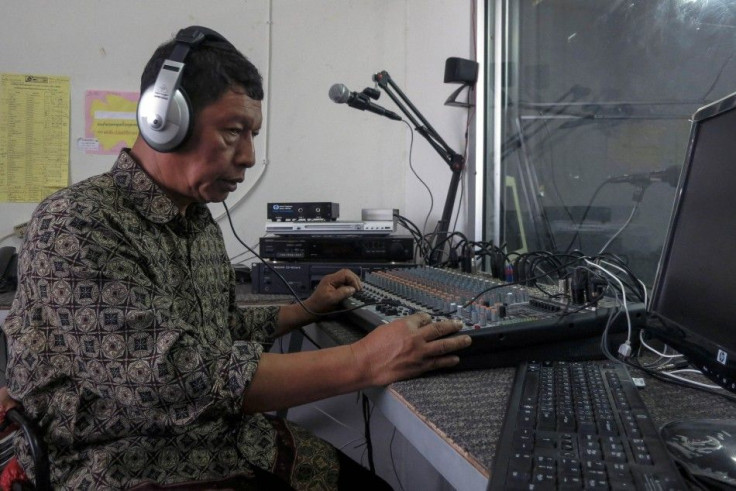South African Radio Personality Says Online Broadcasting Provides More Substance Than Traditional Radio

Mass media is rapidly changing that unless practitioners as well as the audience adopts fast to the new ways that information is shared, they would be left behind.
Print newspapers are fast becoming obsolete, while free TV has stiff competition from cable and online broadcasters that offer higher definition images and more programmes.
In the field of radio, new platforms and methods of broadcasting as well as sources of music are available for the radio listeners beyond the standard AM/FM radio.
For South African radio personality Gareth Cliff, he finds online broadcasting providing more substance compared to traditional radio. This led Cliff, the founder of CliffCentral, to launch in June an "unradio" platform using WeChat, the Internet and DStv.
Explaining his platform, Cliff told HumanIPO, "I'm not interested in shocking anyone - we just want to give people a valuable listening and viewing experience. There's a lot of content - entertainment, intelligence, inspiration and empowerment. It's so much more than playing eight songs an hour."
The less traveled air waves he opted to travel gave Cliff the freedom to go around self-imposed rules usually found in the radio broadcasting industry, which he believes make it hard to deliver to the audience since the top concerns are to cater to the audiences wishes first and needs of sponsors second.
He cited daily giveaways, one-minute long promos and very dry commercial messaging that were logged, scripted and sold by people whom he thinks didn't think of the audience first.
With the growing data coverage in South Africa, Cliff believes streaming radio will eventually overtake the traditional FM radio in popularity. He explained, "Data costs are going to come down, the internet is more reliable than an FM signal in most of the country, and radio is trapped by it's own success, unable to take the next step."
Another platform that is an alternative or complimentary to standard radio is offered by Audioboom Group PLC (LSE: BOOM.L), a London-based publicly listed company.
Audioboom offers a Software as a Service platform that allows straightforward upload or download of content. It has positioned itself as the global leader in spoken audio content, or the audio equivalent of the YouTube, the most popular video-sharing site.
The firm is the provider of social media platform for audio producers to record either live or from the studio, upload and share audio by syndication and social media sites such as Twitter and Facebook.
Audioboom currently has about 2,000 content channels from the initial 19 channels during the platform's launch in March 2013, said Rob Proctor, company CEO. At present, Audioboom has 2.5 million registered users and 12 to13 million monthly active users across platforms.
Audioboom counts as its global major partners, using its apps, embeds and custom publisher solutions, BBC, Sky Sports, Bauer, Absolute Radio, The Guardian, Universal, Aljazeera, Polydor, The Telegraph and Oxfam.





















